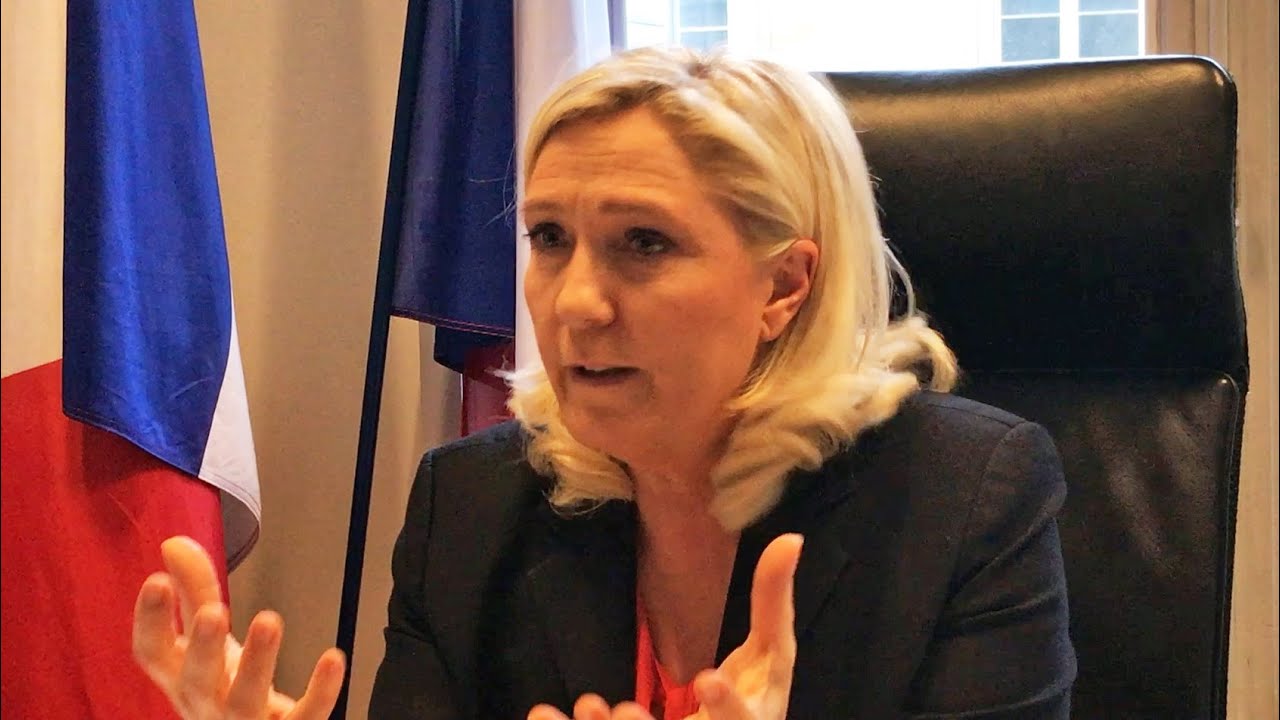A seismic shift in European politics has emerged from a four-day election, with the far right making significant inroads in France and Germany. This dramatic change is set to complicate decision-making in the European Parliament for the next five years.
In a startling turn, French President Emmanuel Macron announced snap national elections after Marine Le Pen’s National Rally delivered a stunning blow to his pro-European centrist party. Le Pen’s anti-immigration, nationalist party is expected to secure around 31%-32% of the vote, more than doubling the share of Macron’s Renaissance party, which lingers at around 15%. This unexpected scale of victory has led Macron to dissolve the parliament, setting the stage for a crucial election in three weeks that could see him grappling with a far-right government.
Germany also witnessed a political shake-up as Chancellor Olaf Scholz’s Social Democrats suffered significant losses. The far-right Alternative for Germany (AfD), despite various scandals, achieved substantial gains, underscoring the shifting political landscape in Europe. Scholz’s party now faces a strengthened AfD, complicating the political dynamics in one of the EU’s most influential nations.
Italy followed suit with Prime Minister Giorgia Meloni’s party, which has neo-fascist origins, winning more than 28% of the vote for the EU assembly. This victory positions Meloni’s party as a pivotal force in shaping future alliances within the European Parliament.
Meanwhile, Green and pro-business liberal groups across Europe faced severe setbacks. However, the mainstream center-right European People’s Party managed to hold its ground, maintaining its status as the largest bloc in the 27-nation EU assembly.
The ramifications of these elections extend beyond national borders, impacting the broader European Union. Voters in France will soon return to the polls to determine if Macron will have to navigate an uncomfortable “cohabitation” with a far-right government. The political landscape of the EU is now more fragmented, setting the stage for contentious and challenging years ahead.
The outcome of these elections highlights a growing discontent with the traditional ruling parties and a significant shift towards more extreme political ideologies across Europe. This shift not only affects the governance of individual countries but also the collective decision-making processes within the European Union.

